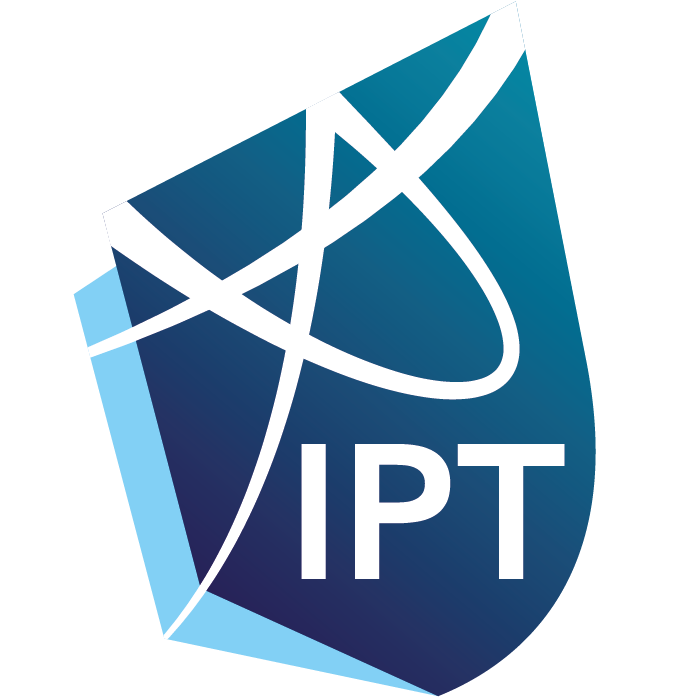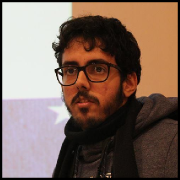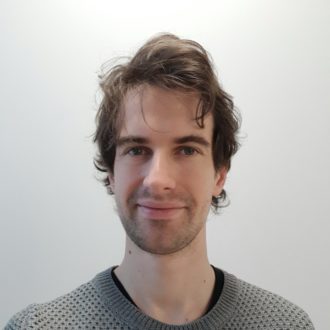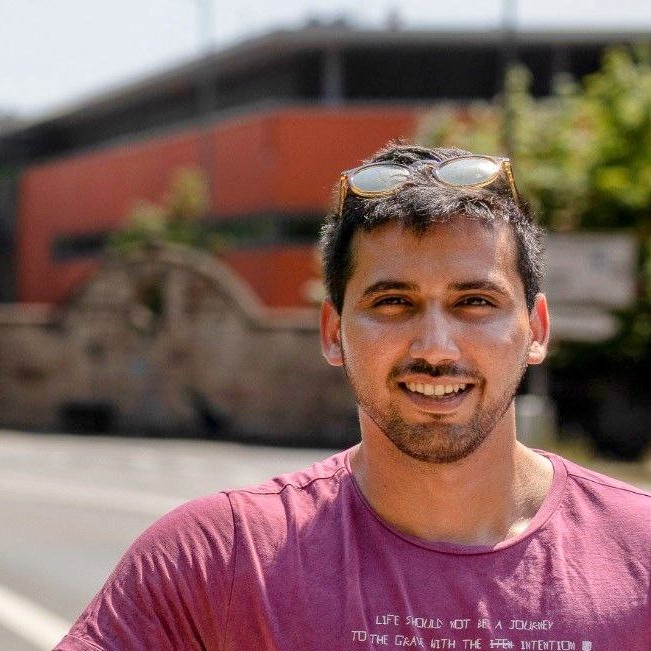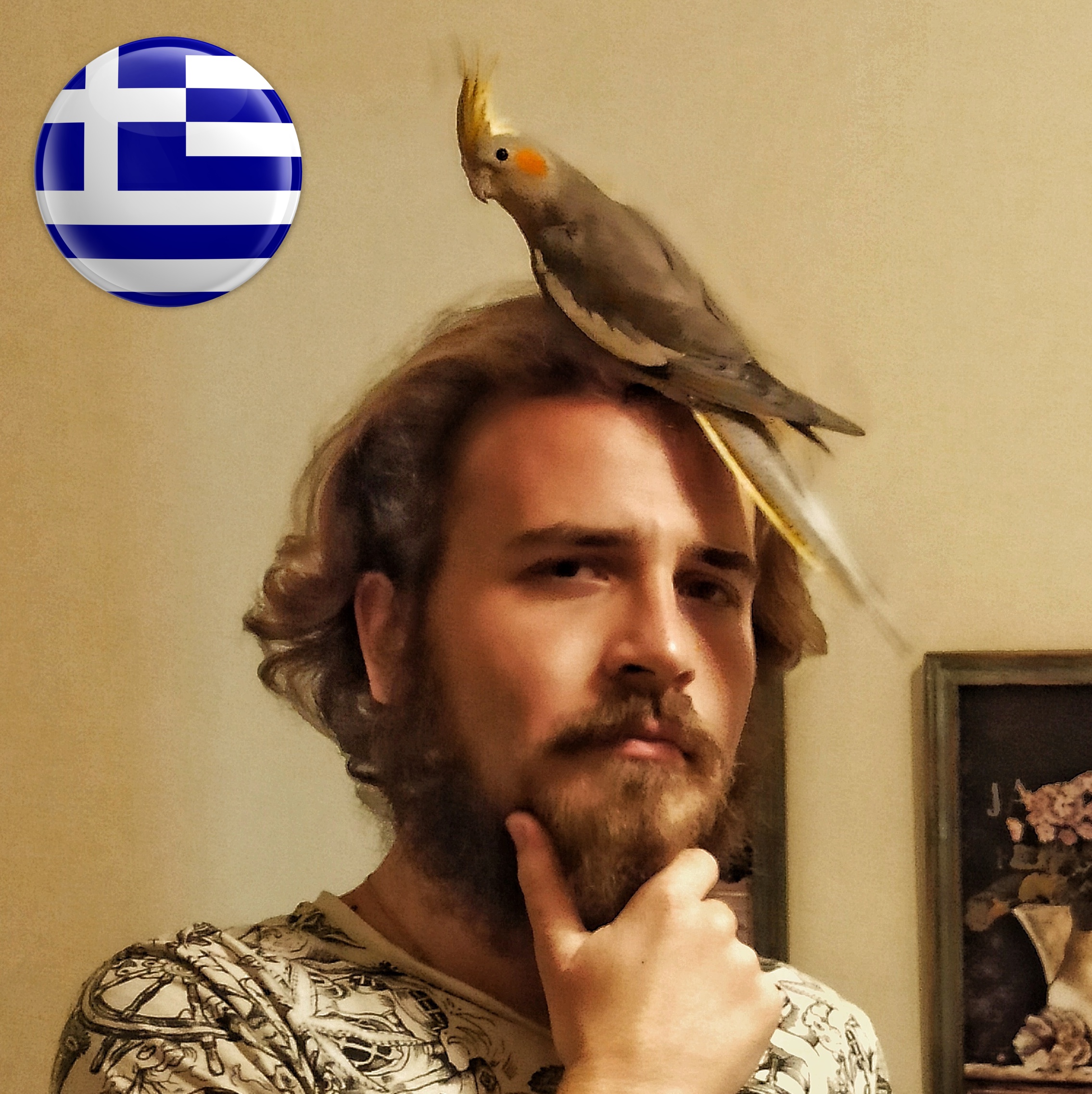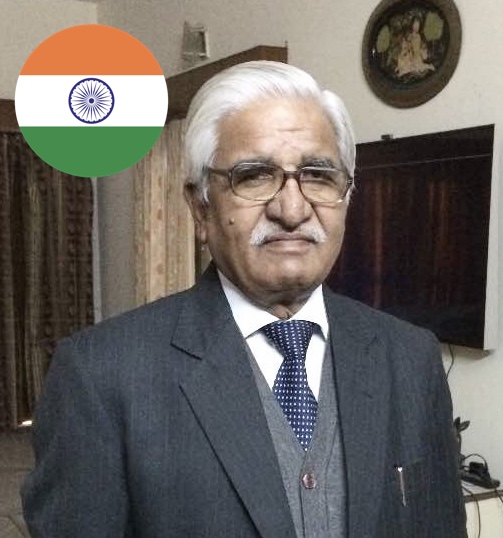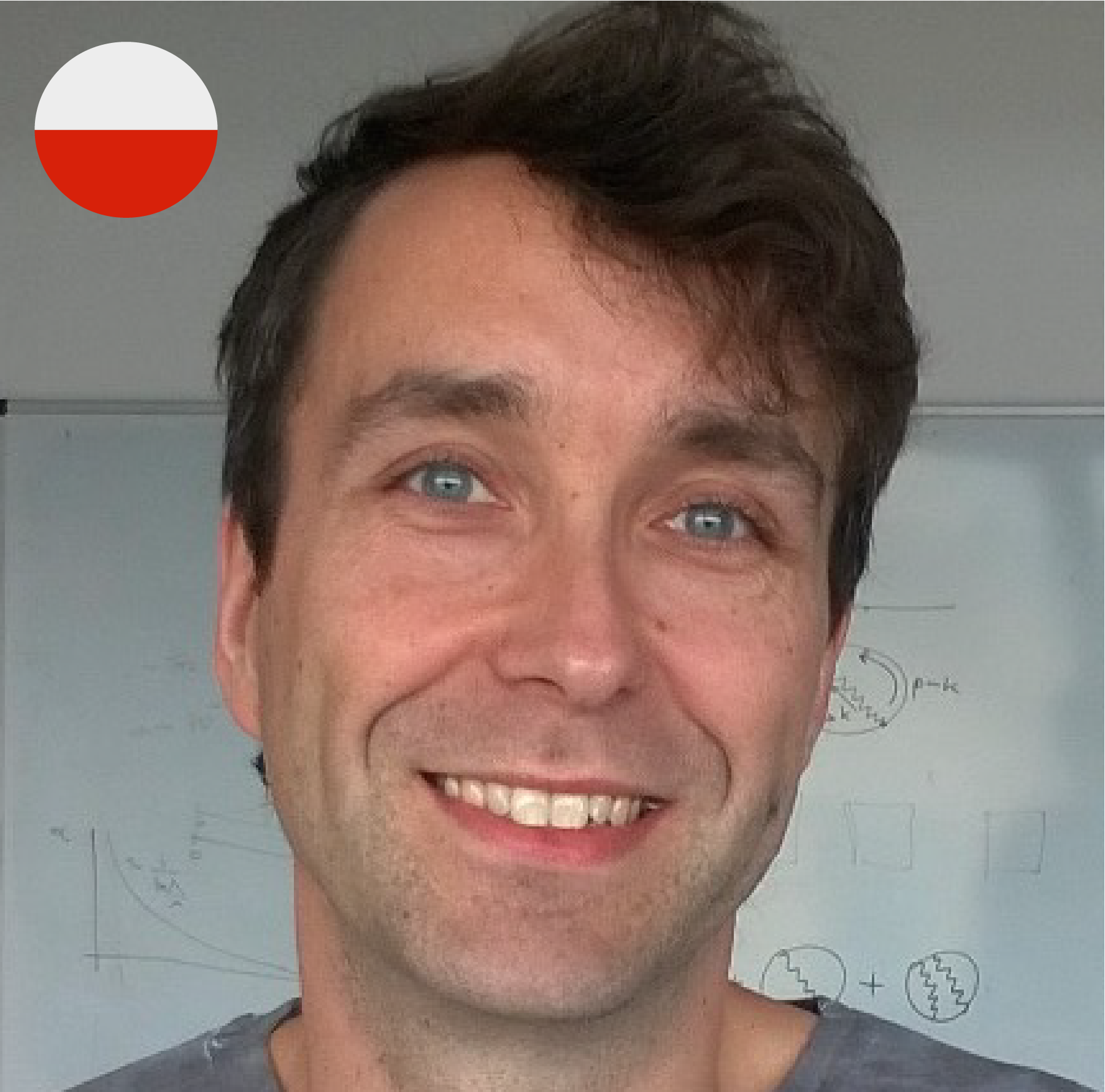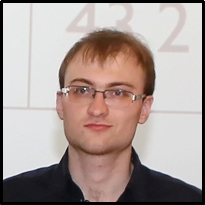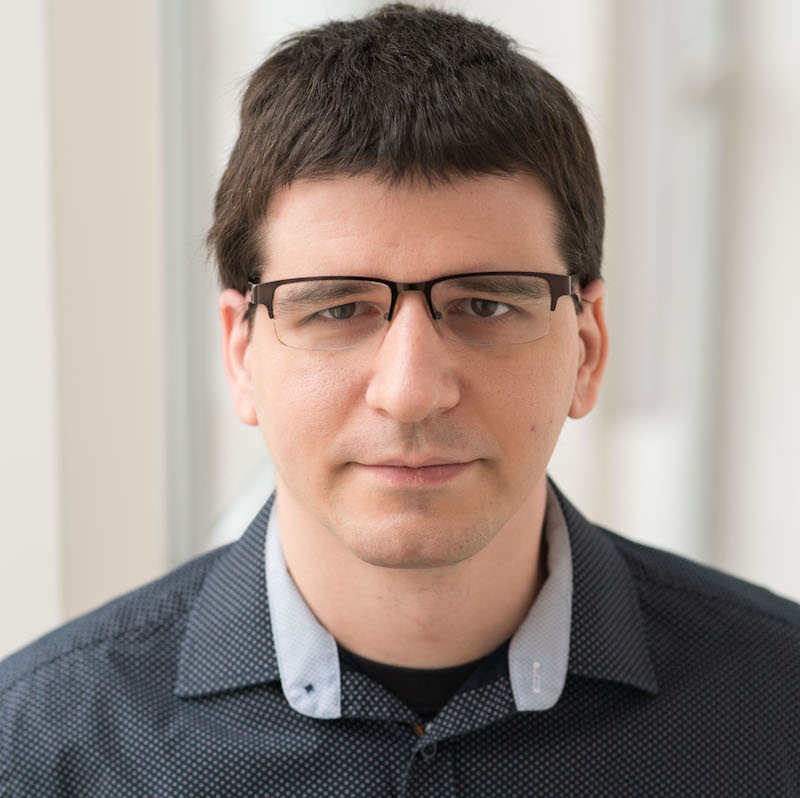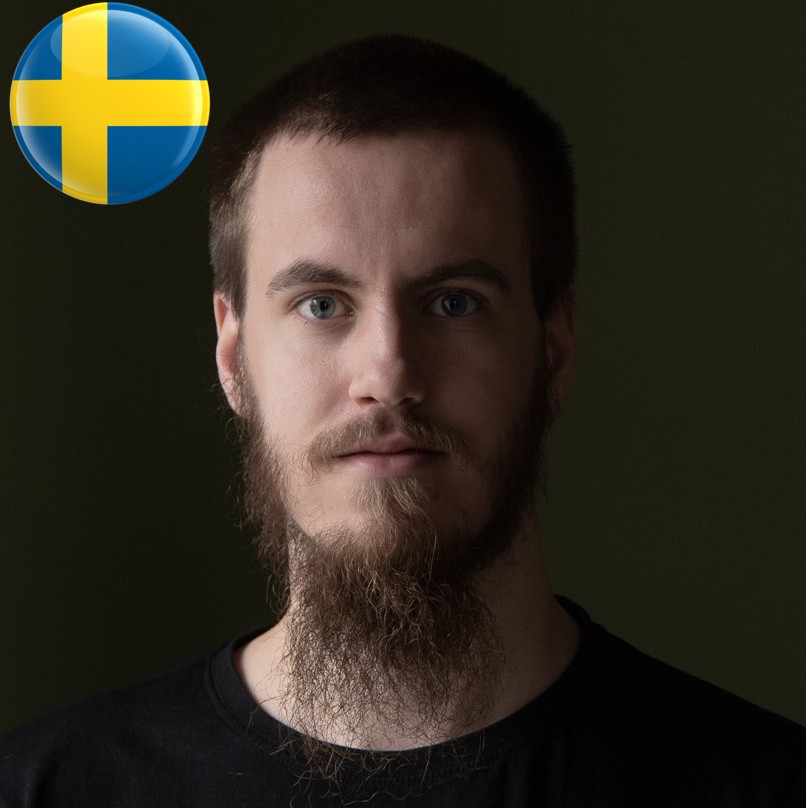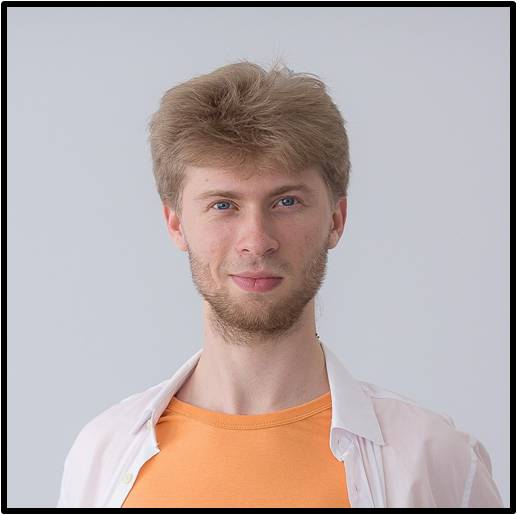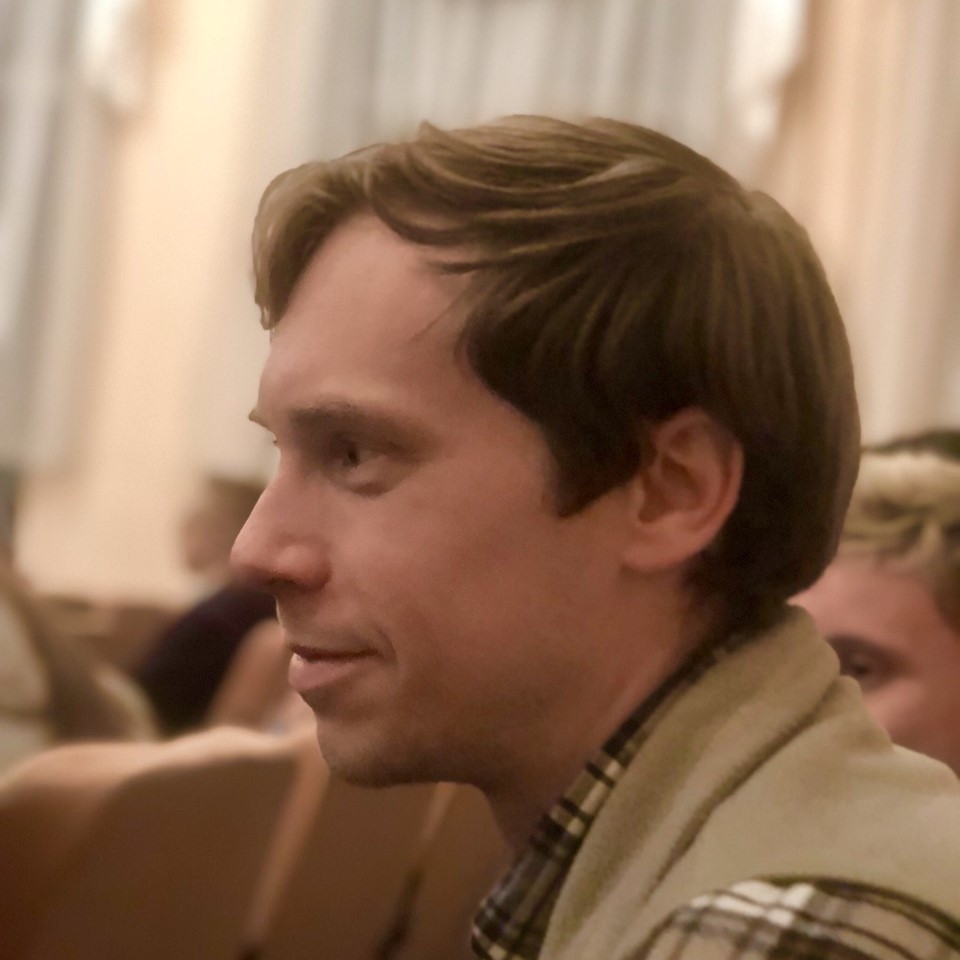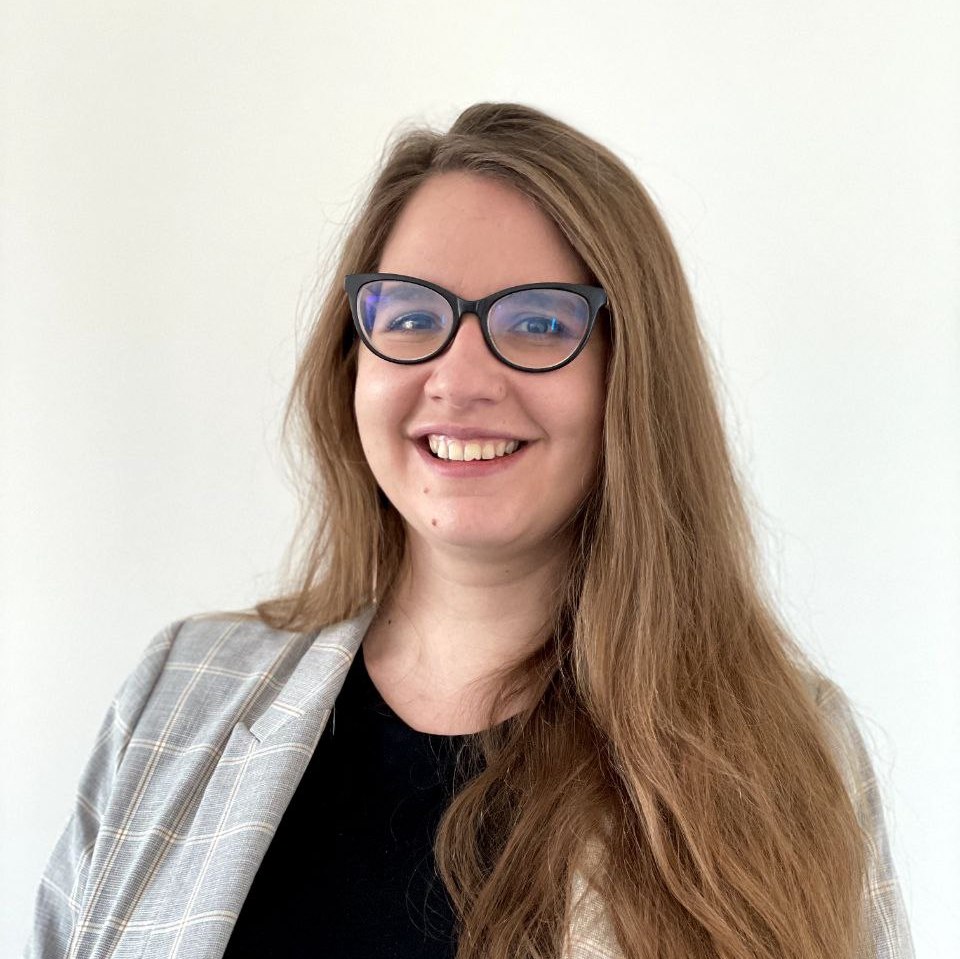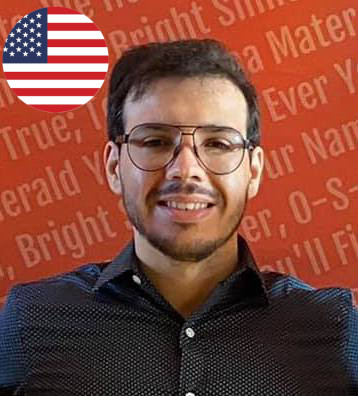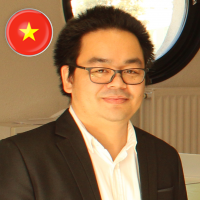The national representative - aka IOC - is a vital mediator of the IPT spirit and values, who enables the tournament to reach new universities, countries and communities. Nonetheless they are important for governing the IPT as official representatives of the IPT communities in their countries.
The Decision Assembly is responsible for strategic discussions and decisions for the IPT and for rule amenities. The national reps are speaking on behalf of their communities when approaching execom, LOC or other members of the Decision Assembly.
Therefore, it is critical that the national representatives stay involved in IPT activities and act proactively to learn the moods and opinions of the IPT communities in their countries. Only the national representatives, whose teams have been participating in the IPT (at least in the preselection) during the last two years, are eligible to vote during the Decision Assembly.
The national representatives are encouraged to use our promo and organisational materials to promote the event in their countries and engage with the communities.
Eligibility
The national representatives, their work, rights and responsibilities are regulated by the IPT Rules.
To be eligible to represent the country in the IPT community, and participate in the Decision Assembly on its behalf, one should have a reasonable connection with the country, e.g. study or work there and be involved in the local IPT activities. In situations when one temporarily moves out of the county they represent, it is acceptable but not encouraged.
If members or groups from the local IPT communities are unhappy with the way how their national representative acts on their behalf, they should contact execom via execom@iptnet.info, explaining the circumstances, specifically pointing out how the current national representative disobeys this eligibility guidance.
If local IPT communities find it useful to have additional procedures to ensure that the most appropriate individual represents them, they are welcome to have elections, internal reviews etc.
If a national representative stays inactive for 2 years, their status becomes pending. To unlock it, one should contact execom, explaining the reasons for the absence and providing motivation why inactive time is unlikely in future. Alternatively, another national representative can be nominated. If no actions within another 2 year term have been taken, the national representative post is considered to be vacated.
